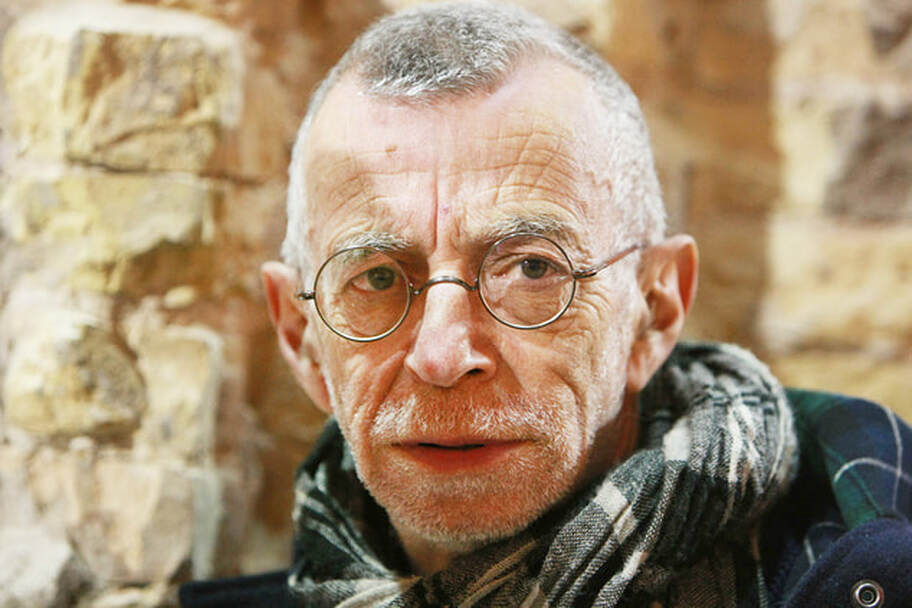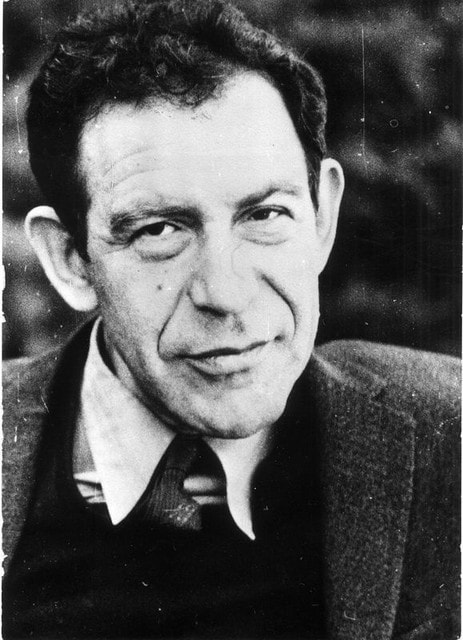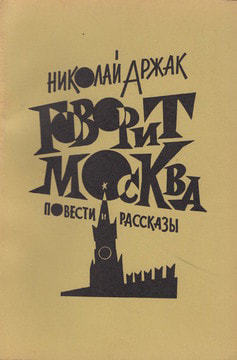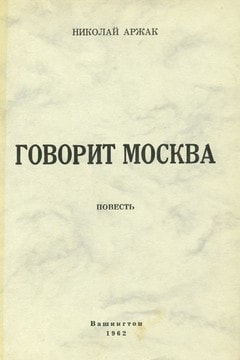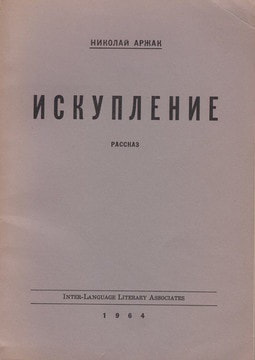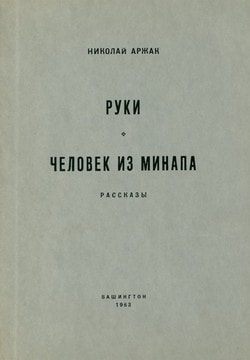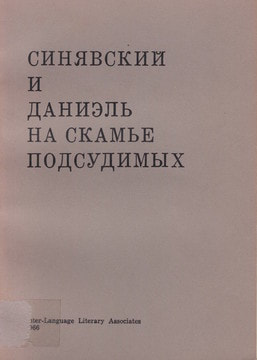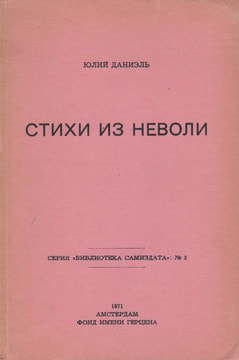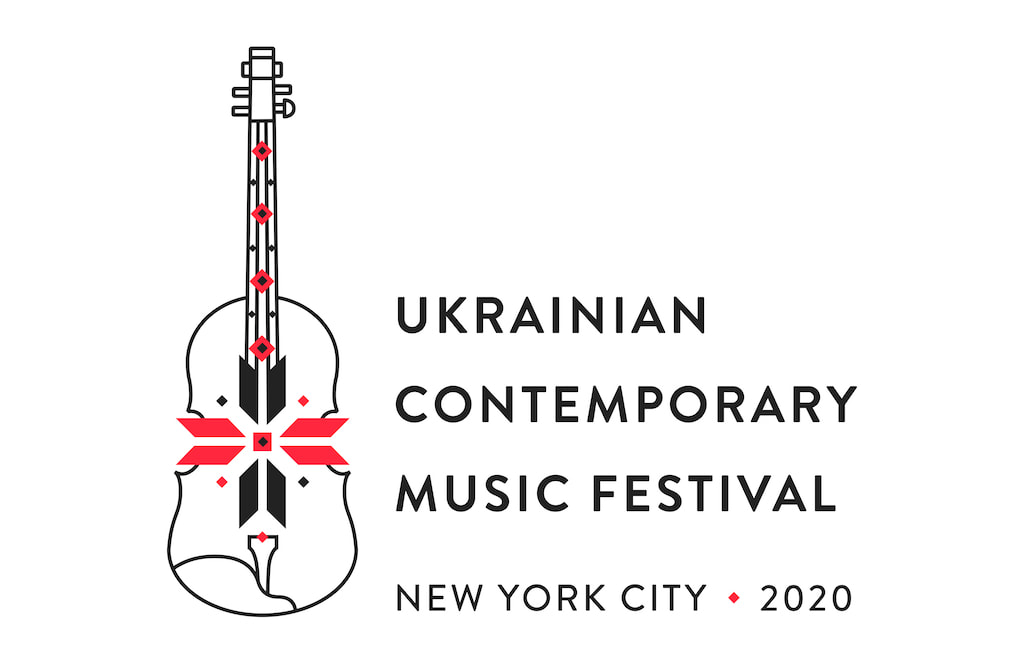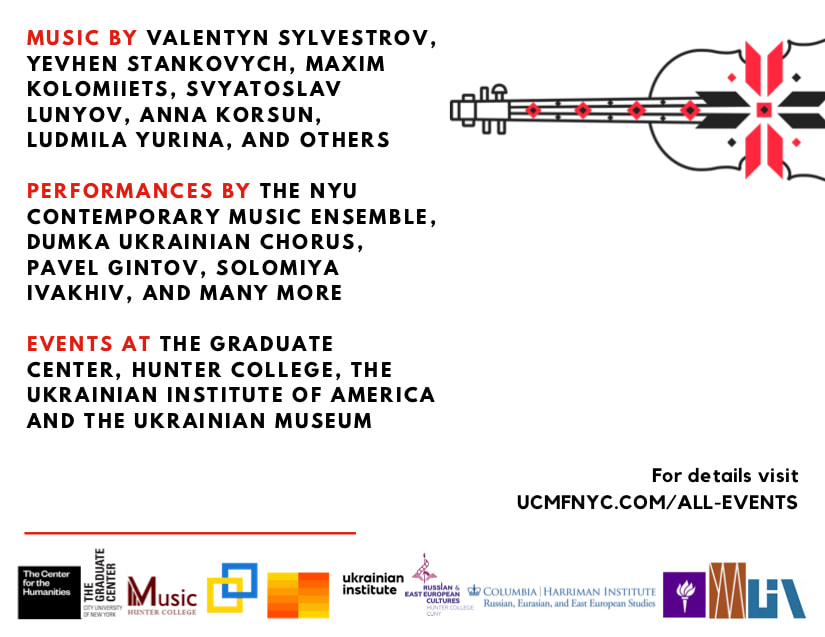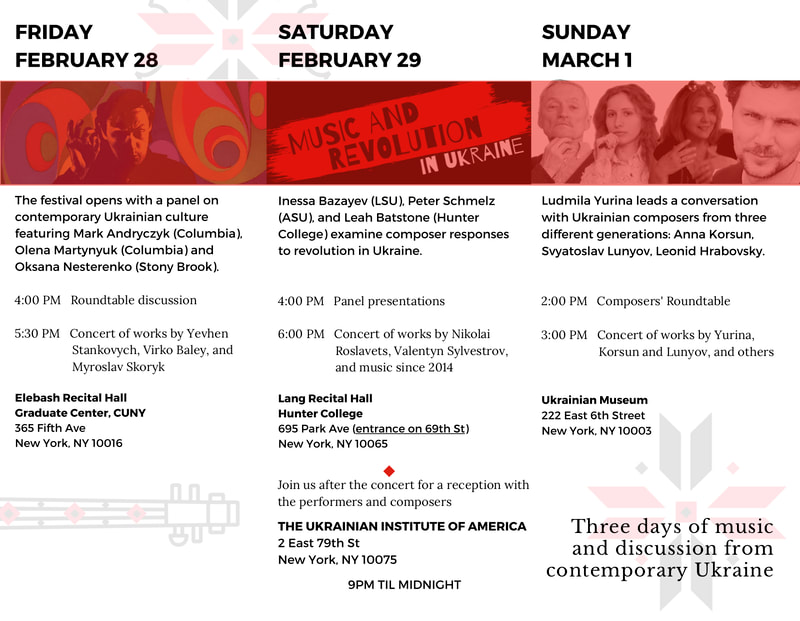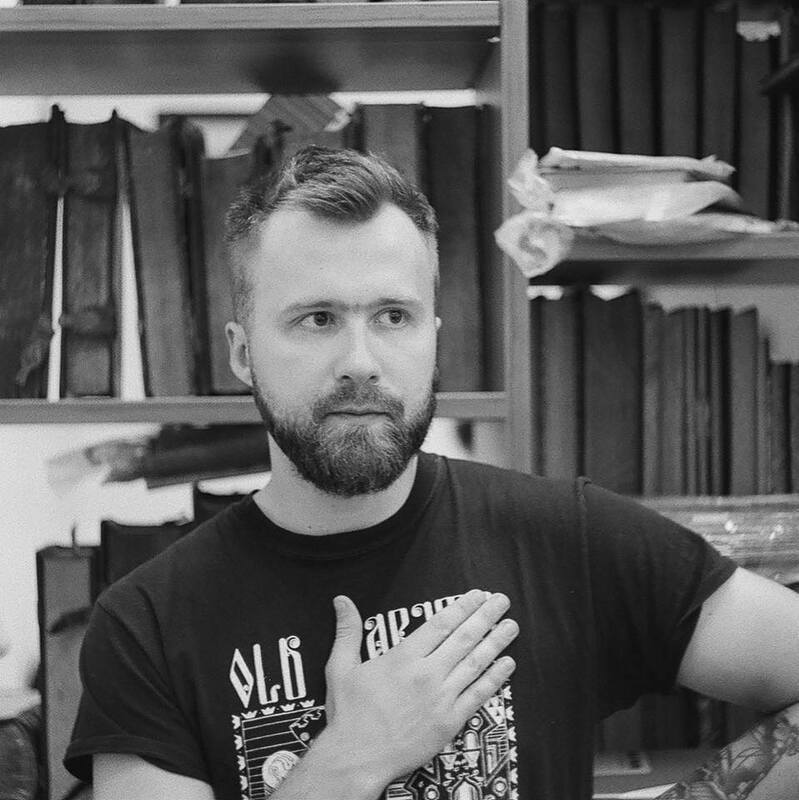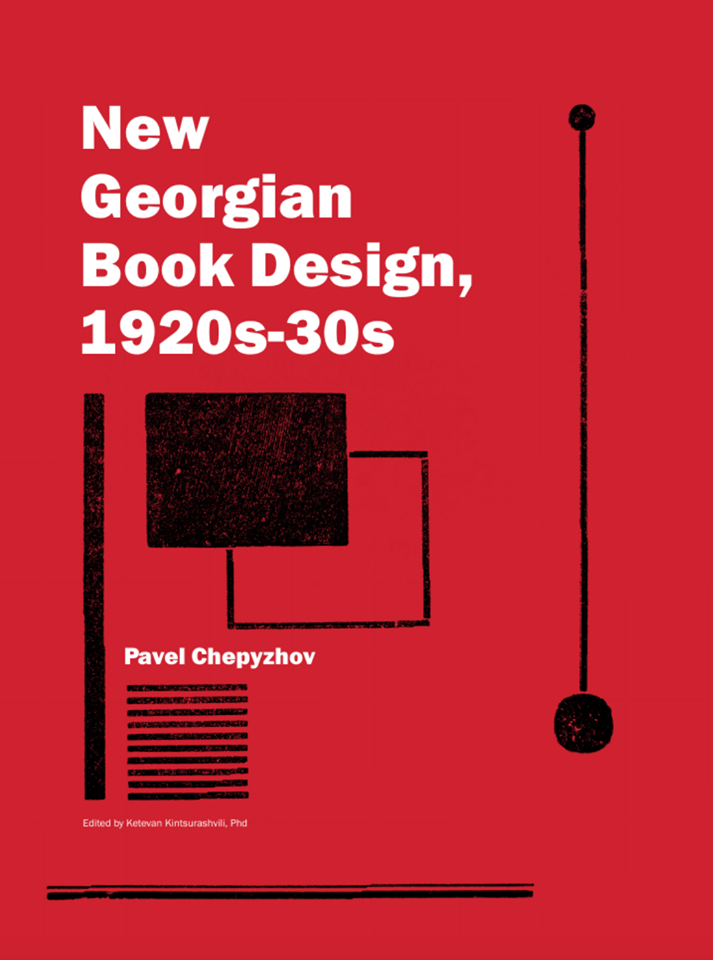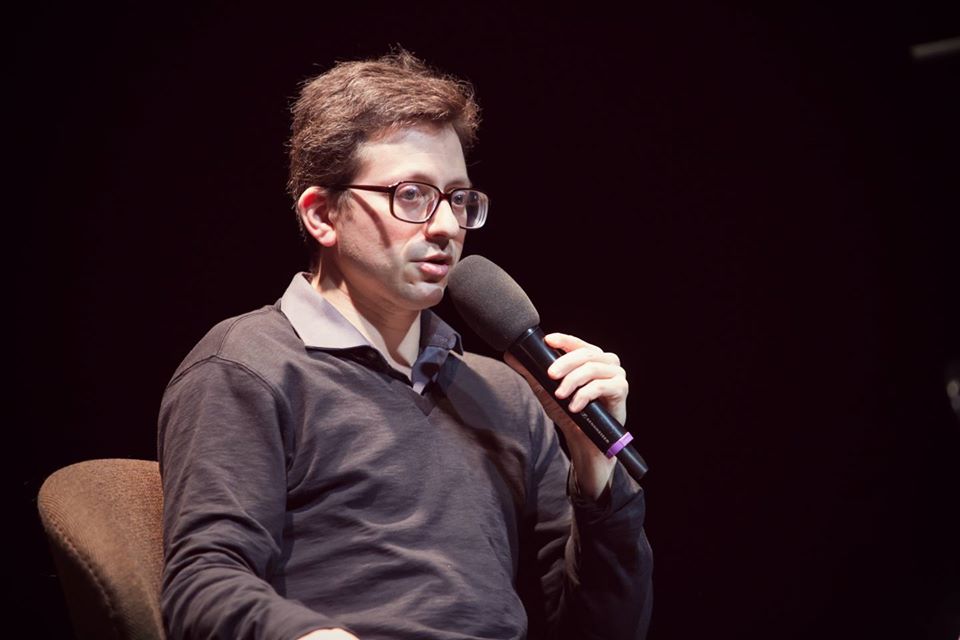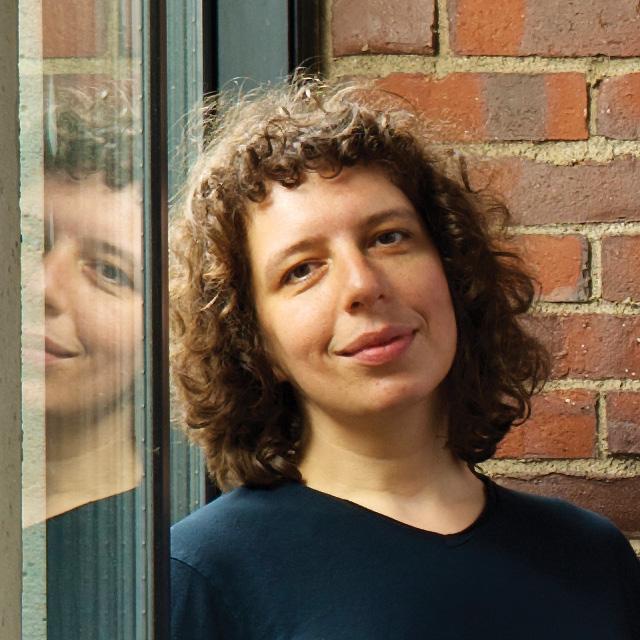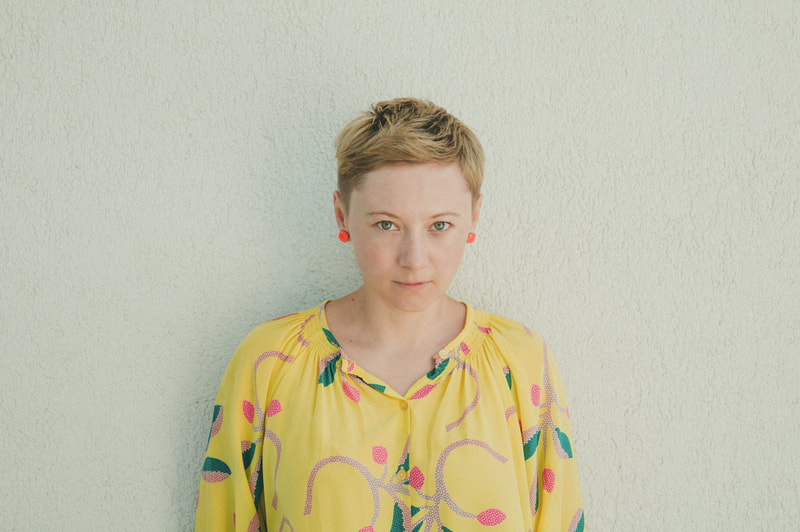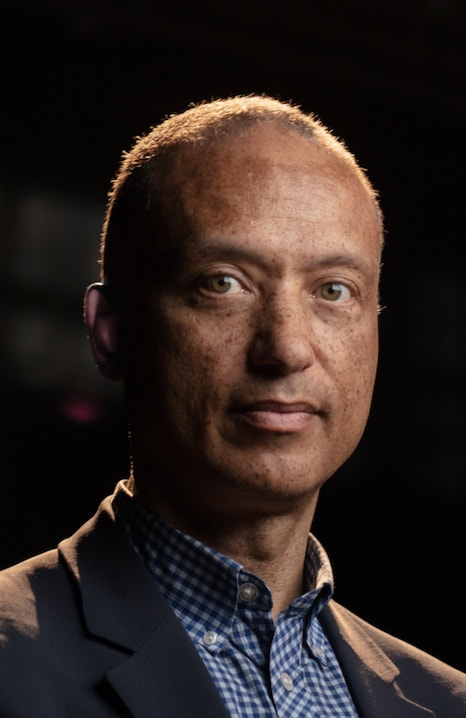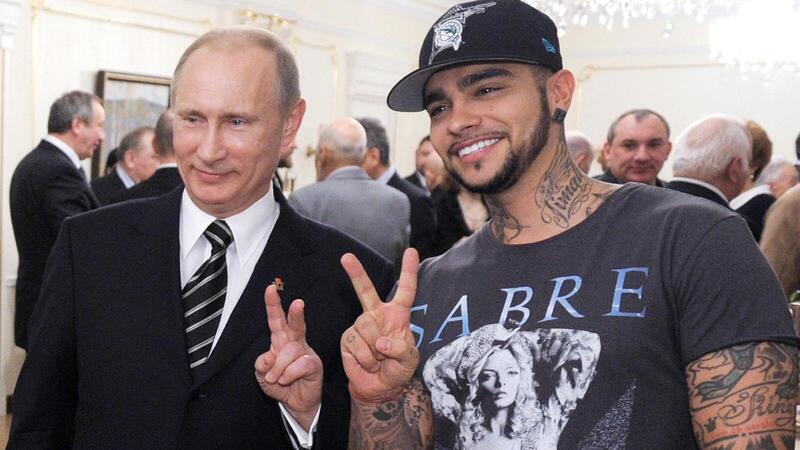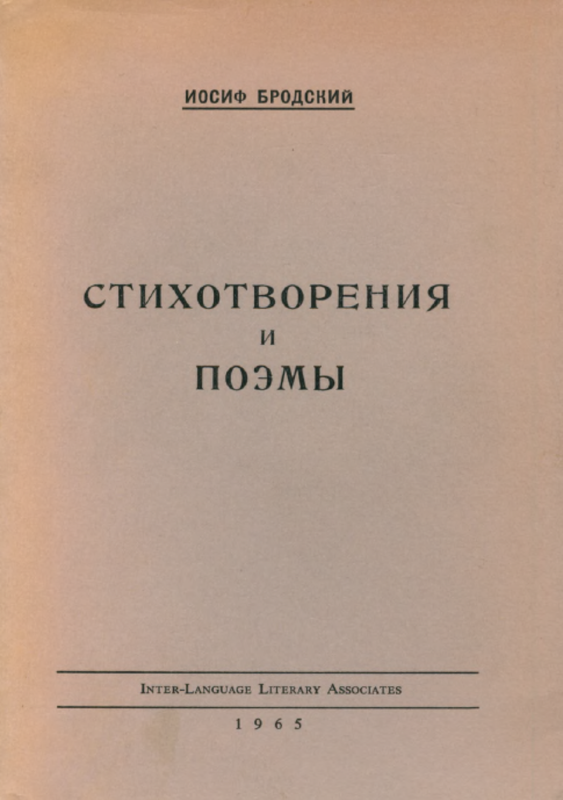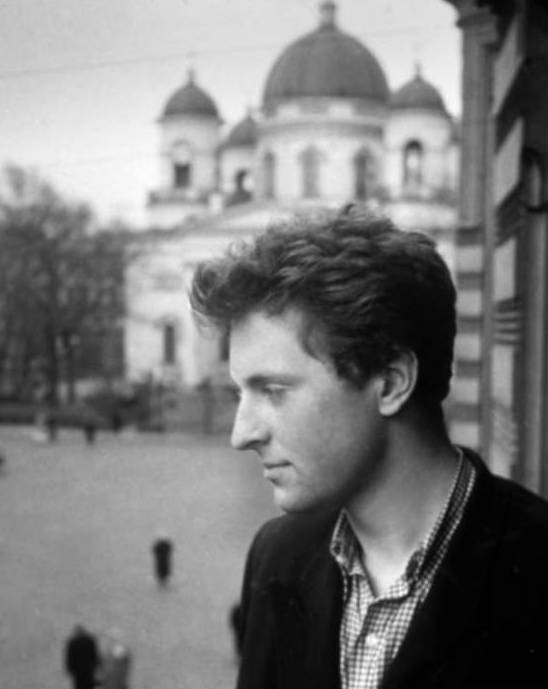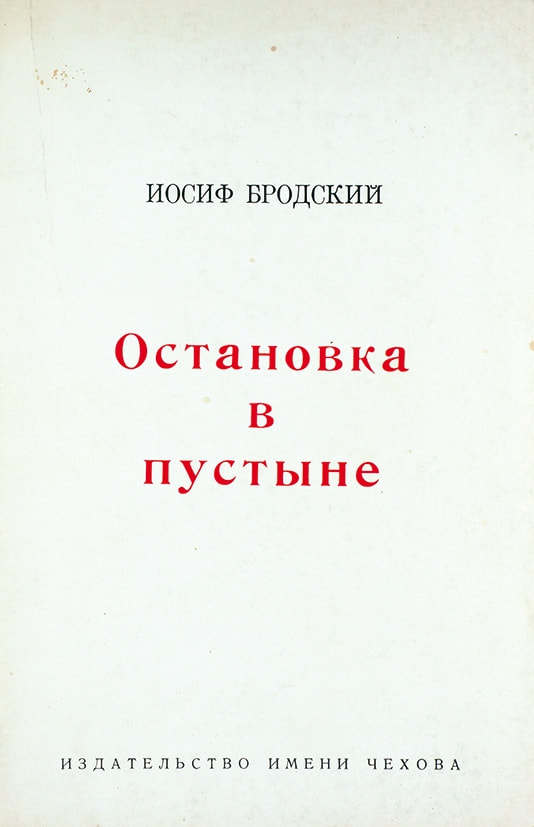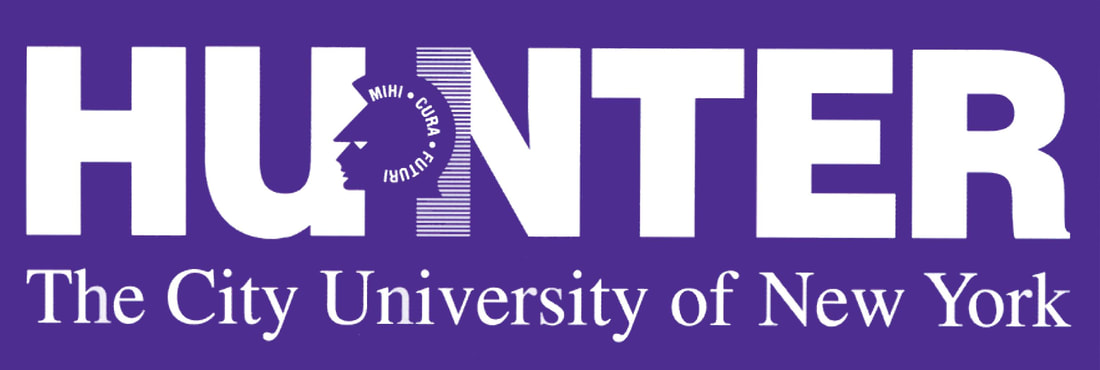SPRING 2020
February 6, Thursday. Elizabeth Hemmerdinger Center (Room 706, Hunter East). 6 pm
Lev Rubinstein. Poetry reading (in Russian, with ENG translation)
February 20, Thursday. B126 (Chanin Language Center). 5:30 pm
Tamizdat Project Lab 3. The fiction of Yuli Daniel (aka. Nikolai Arzhak)
February 28 - March 1. CUNY Graduate Center, Hunter College, and the Ukrainian Museum
Ukrainian Contemporary Music Festival
March 3, Tuesday. B126 (Chanin Language Center). 5:30 pm
Pavel Chepyzhov. "Georgian Book Design in the 1920-1930s"
March 5, Thursday. B126 (Chanin Language Center). 5:30 pm
Vadim Bass. "Designs of Soviet War Monuments" (1941-1945)"
March 13, Friday. Elizabeth Hemmerdinger Center (Room 706, Hunter East). 6 pm CANCELLED due to COVID-19
Polina Barskova and Valzhyna Mort. Poetry reading (in Russian with ENG translation)
March 17, Tuesday. Elizabeth Hemmerdinger Center (Room 706, Hunter East). 6 pm CANCELLED due to COVID-19
Philip Ewell. "Best Friends, Worst Enemies: Politics and Poetry in Contemporary Russian Rap"
May 26, Tuesday. 11 am (EDT). Online
Tamizdat Project Lab: Joseph Brodsky Abroad before Emigration
Lev Rubinstein. Poetry reading (in Russian, with ENG translation)
February 20, Thursday. B126 (Chanin Language Center). 5:30 pm
Tamizdat Project Lab 3. The fiction of Yuli Daniel (aka. Nikolai Arzhak)
February 28 - March 1. CUNY Graduate Center, Hunter College, and the Ukrainian Museum
Ukrainian Contemporary Music Festival
March 3, Tuesday. B126 (Chanin Language Center). 5:30 pm
Pavel Chepyzhov. "Georgian Book Design in the 1920-1930s"
March 5, Thursday. B126 (Chanin Language Center). 5:30 pm
Vadim Bass. "Designs of Soviet War Monuments" (1941-1945)"
March 13, Friday. Elizabeth Hemmerdinger Center (Room 706, Hunter East). 6 pm CANCELLED due to COVID-19
Polina Barskova and Valzhyna Mort. Poetry reading (in Russian with ENG translation)
March 17, Tuesday. Elizabeth Hemmerdinger Center (Room 706, Hunter East). 6 pm CANCELLED due to COVID-19
Philip Ewell. "Best Friends, Worst Enemies: Politics and Poetry in Contemporary Russian Rap"
May 26, Tuesday. 11 am (EDT). Online
Tamizdat Project Lab: Joseph Brodsky Abroad before Emigration

